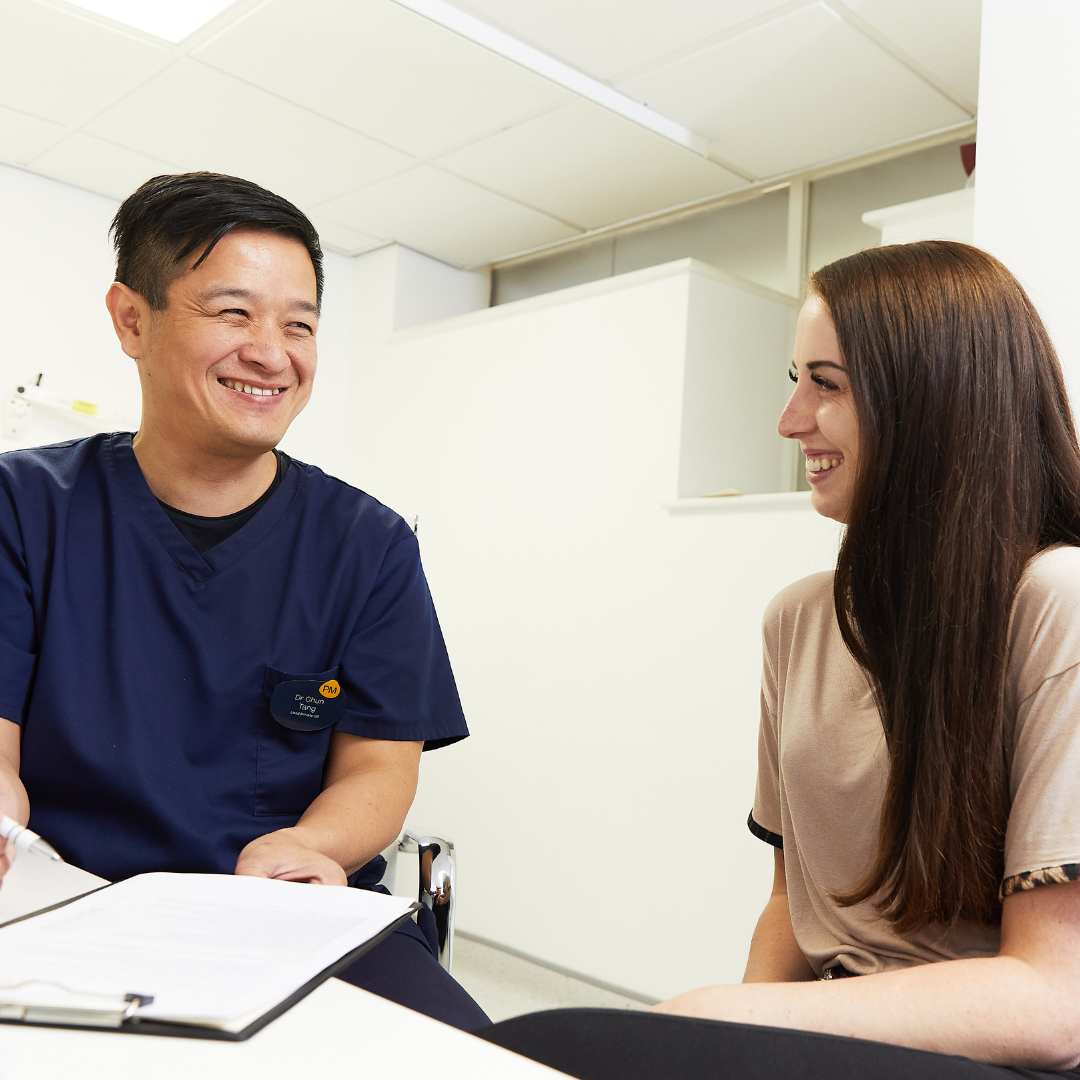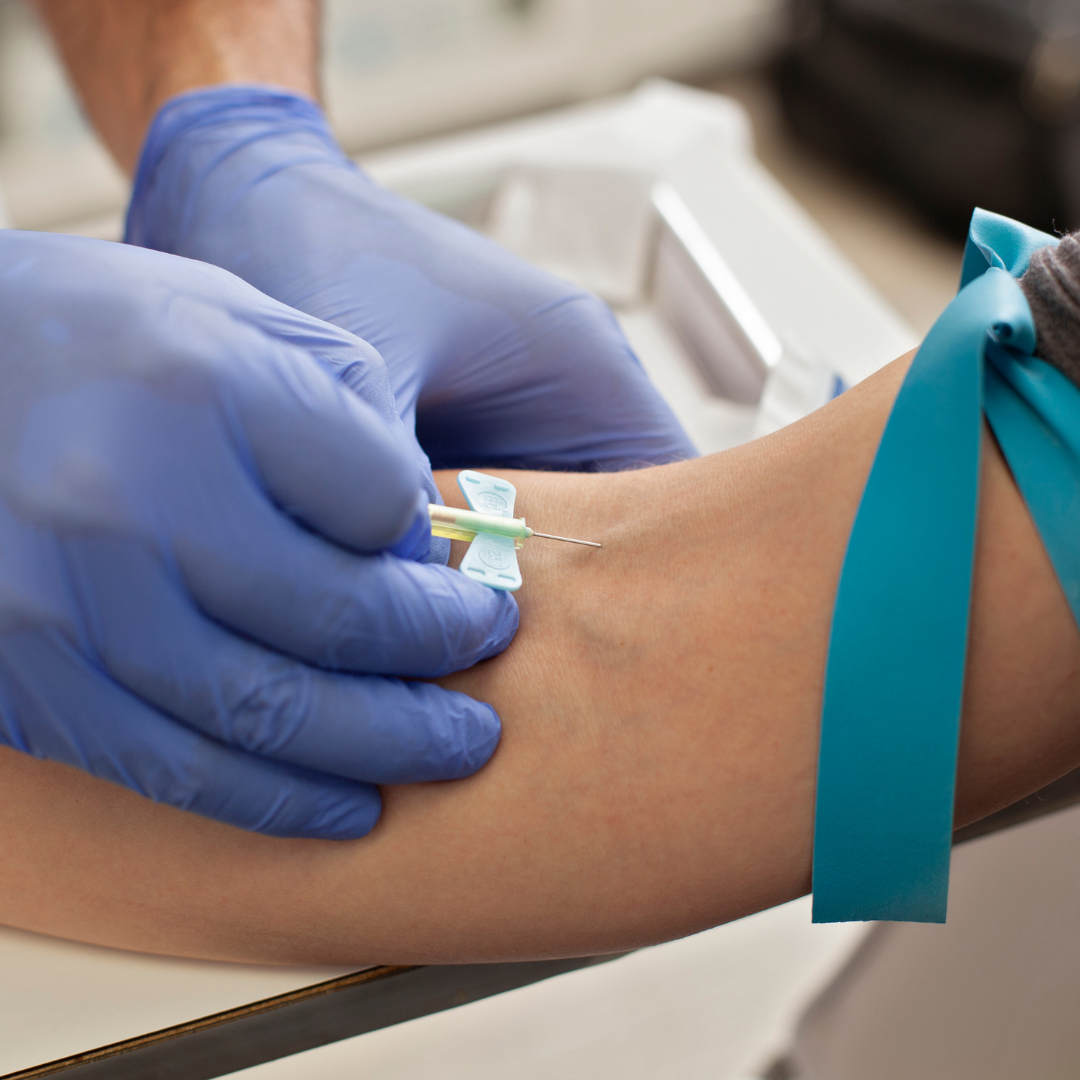Cervical screening is a vital preventive health measure designed to detect abnormal cells in the cervix, helping to identify potential risks of cervical cancer before symptoms develop. This simple yet highly effective test plays a key role in reducing cervical cancer rates and saving lives. In the UK, the recommended age range, starting from 25, for cervical screening ensures the test is offered to those who are most likely to benefit from it.
Early screening has been shown to prevent thousands of cervical cancer cases annually. According to the NHS, cervical screening prevents approximately 70% of cervical cancer deaths, a figure that could rise to 83% with full participation in screening programmes. Regular screening is essential for maintaining long-term cervical health and significantly reduces the risk of developing cervical cancer.
The link between HPV and cervical cancer
“Human papillomavirus (HPV) is a common virus that plays a significant role in the development of cervical cancer. Most sexually active individuals will encounter HPV at some point in their lives, and while many infections clear on their own, certain high-risk strains can cause abnormal cell changes in the cervix, which may progress to cancer if left untreated.
Cervical screening is designed to detect these high-risk HPV strains, often before any cell changes occur, allowing for early intervention. By identifying and monitoring these infections, healthcare providers can significantly reduce the risk of cervical cancer.” says Dr Tang, our private GP.
The introduction of the HPV vaccine has been a major step forward in preventing cervical cancer. The vaccine protects against the most common high-risk HPV strains, but it does not cover all possible types. Therefore, even if you’ve been vaccinated, regular cervical screening remains essential to ensure comprehensive protection against cervical cancer.
Do I need screening if I've had the HPV vaccine?
Yes, regular cervical screening is still necessary even if you’ve had the HPV vaccine. While the vaccine offers strong protection against certain high-risk HPV strains, it doesn’t eliminate all risks of cervical cancer. Screening and vaccination work hand-in-hand, offering the best possible defence for your long-term health.
When should you start cervical screening?
“Cervical screening is an important part of maintaining good health, and understanding when to begin screenings can help ensure early detection of any potential issues. The NHS and private healthcare options have different guidelines regarding the appropriate starting age for cervical screening, based on the risks and benefits for individuals in different age groups.” says Dr Tang, our private GP. Below, we’ll outline the NHS guidelines, as well as options available for private screening, to provide a comprehensive understanding of when and why cervical screening is recommended.
NHS guidelines on cervical screening ages
The NHS recommends that individuals with a cervix begin cervical screening at age 25 and continue every three years until age 49. After 50, screenings are offered every five years until age 64. The reason cervical screening begins at age 25 is that cervical cancer is very rare in people under 25, and the risk of abnormal cell changes increases with age. By starting screening at 25, the NHS aims to detect any early signs of cervical cancer before they become a greater threat.
This approach balances the need for early detection with the understanding that abnormal cells in younger individuals are more likely to resolve on their own, reducing unnecessary testing and treatment. Screening intervals are extended as people age, as the likelihood of cell changes increases. The screening guidelines are based on research into the risk factors, natural progression of the disease, and the effectiveness of early detection methods.
Private screening options
Private cervical screening, such as the services offered by Pall Mall, provides individuals with greater flexibility regarding the timing and frequency of their tests. Unlike NHS guidelines, Pall Mall offers screening to individuals outside the typical 25-64 age range, making it an appealing choice for those seeking earlier or more frequent tests.
Many people choose Pall Mall for cervical screening due to personal risk factors, family history, or simply for peace of mind. If you are experiencing symptoms or have concerns about your cervical health, Pall Mall's private screening services can provide a prompt and comprehensive evaluation, offering an added sense of security.
At Pall Mall, advanced testing options are available, such as combined HPV testing and cytology (Pap smears), ensuring a thorough approach to cervical health. This is ideal for those who wish to proactively manage their health or who have concerns about the limitations of standard NHS screenings. For individuals who may have missed previous screenings or wish to address specific personal concerns, Pall Mall offers a private, accessible, and convenient option.
In addition to earlier testing, Pall Mall provides faster results and a personalised experience, including access to expert advice and additional resources. With a focus on patient care and convenience, Pall Mall ensures a supportive and reassuring environment for managing your cervical health.
How often should you be screened?
Cervical screening is essential for detecting potential issues early, but how often you should be screened depends on various factors, including your age and health history. Below, we explore how often the NHS recommends cervical screening, and what to do if you’re concerned about any symptoms related to cervical cancer.
The NHS recommends cervical screening every 3-5 years
In the UK, cervical screening is generally recommended every three years for individuals aged 25-49, and every five years for those aged 50-64. However, this schedule can vary slightly depending on where you live. In England, the guidelines recommend these intervals, whereas, in Scotland, Wales, and Northern Ireland, the timing may differ. These variations can be due to different testing methods or local health policies. For example, some regions may use more advanced testing techniques, potentially allowing for longer intervals between screenings. Regardless of location, cervical screening aims to detect early changes in the cervix that could lead to cancer, providing vital information for early intervention.
If you’re concerned about symptoms related to cervical cancer
If you’re experiencing symptoms that concern you, such as unusual bleeding or pain during sex, it’s important to see a GP right away. These could be signs of cervical cancer or other conditions that need prompt attention. You can book a private GP appointment for a thorough evaluation or if you’re due for screening or want to address concerns directly, you can also book a private cervical screening without a GP referral. Early detection is key to managing any potential issues effectively.
Contact us if you're ready to schedule your cervical screening
Taking the step to schedule your cervical screening is an important move towards safeguarding your health. At Pall Mall, we understand that everyone’s needs are unique, which is why we offer personalised guidance and support throughout your journey. Whether you’re following a regular screening schedule or seeking peace of mind, our team is here to provide expert advice and care every step of the way.
Don’t wait - ensure your long-term health by booking your cervical screening today. Contact us to schedule your appointment and take charge of your health.









